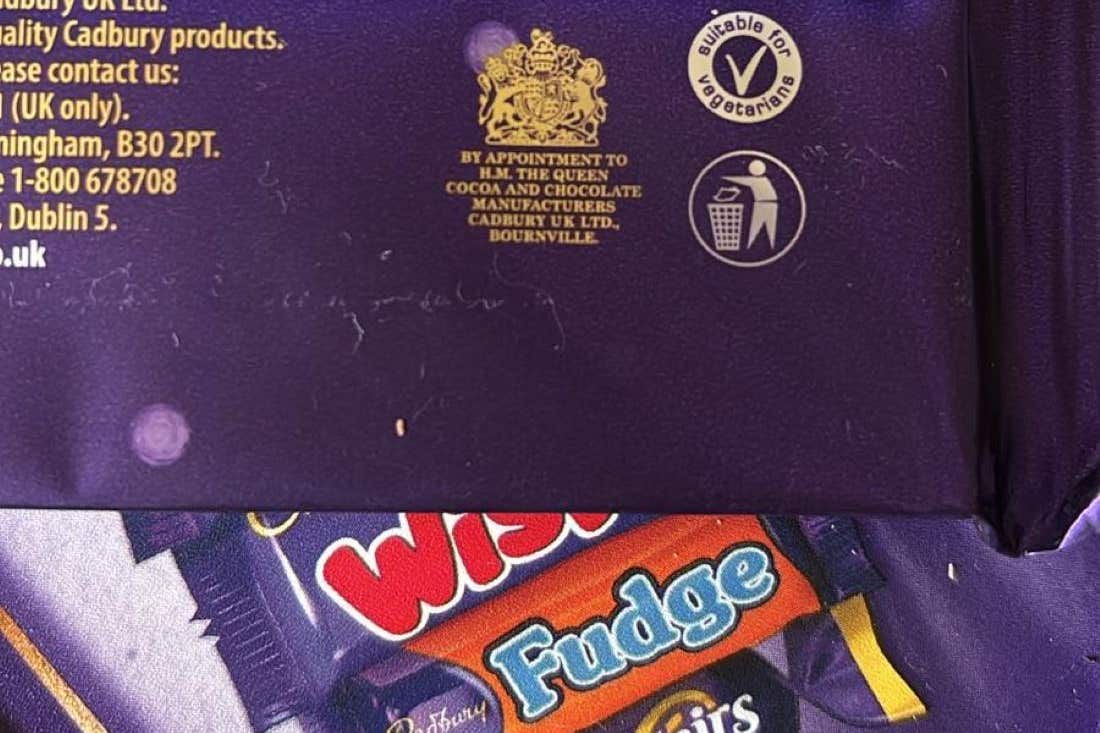This website uses cookies so that we can provide you with the best user experience possible. Cookie information is stored in your browser and performs functions such as recognising you when you return to our website and helping our team to understand which sections of the website you find most interesting and useful.
Your support helps us to tell the story
From reproductive rights to climate change to Big Tech, The Independent is on the ground when the story is developing. Whether it's investigating the financials of Elon Musk's pro-Trump PAC or producing our latest documentary, 'The A Word', which shines a light on the American women fighting for reproductive rights, we know how important it is to parse out the facts from the messaging.
At such a critical moment in US history, we need reporters on the ground. Your donation allows us to keep sending journalists to speak to both sides of the story.
The Independent is trusted by Americans across the entire political spectrum. And unlike many other quality news outlets, we choose not to lock Americans out of our reporting and analysis with paywalls. We believe quality journalism should be available to everyone, paid for by those who can afford it.
Your support makes all the difference.
The Princess of Wales is set to honour iconic British brands with a royal warrant – becoming the first princess to do so in over a century.
Sources close to Kate have told The Times that she will bestow the warrant on her favoured companies to “recognise British skills and industry” soon.
She will become the first princess to grant the sought-after warrants since Queen Mary, who issued warrants before her husband King George V came to the throne in 1910.
There is no official date set for when Kate will begin granting the warrants, but sources told The Times she had “hope” they would be announced soon and said: “She’s keen to recognise British skills and industry.”
King Charles began issuing the warrants when he was still the Prince of Wales in 1980, but Princess Diana did not follow suit after the pair wed in 1981.
Companies holding a royal warrant are recognised for providing goods or services to the monarchy and are allowed to use the coat of arms of the royal they are associated with on packaging, as part of advertising or on stationery.

Companies are also required to demonstrate that they have an appropriate environmental and sustainability policy and action plan – a requirement brought in by Charles as the Prince of Wales.
A royal warrant is usually granted for up to five years and reviewed in the year before it is due to expire so that a decision can be made as to whether it should be renewed for another period of up to five years.
Last year more than 500 companies were granted royal warrants, a list which was largely drawn from companies that previously held a royal warrant of appointment from Queen Elizabeth II or from King Charles when he was Prince of Wales.
Nearly 400 companies were granted a warrant in December, following the 152 grants issued in May earlier in 2024.
One of those granted the honour was Queen Camilla’s longstanding hairdresser, Jo Hansford, who has been cutting the Queen’s hair for more than three decades.
However, other companies – including Cadbury and Nestlé – found themselves losing their longstanding warrant.

Cadbury was a particular favourite of the late Queen – especially for its Bournville chocolate – and was first awarded the warrant in 1854 by Queen Victoria.
But six monarchs later, King Charles decided to rescind the honour from the British company.
In total, more than 100 warrants are not believed to have been renewed last year, though some of these may be attributed to brands choosing not to reapply, ceasing trading, or having their applications deferred.
The Independent understands that the supply of Cadbury products to royal households has decreased in recent years. The King, known for his focus on a healthy diet, is reported to take factors such as sustainability and the consumption habits of the royal family into consideration when awarding warrants.



 Africana55 Radio
Africana55 Radio 
